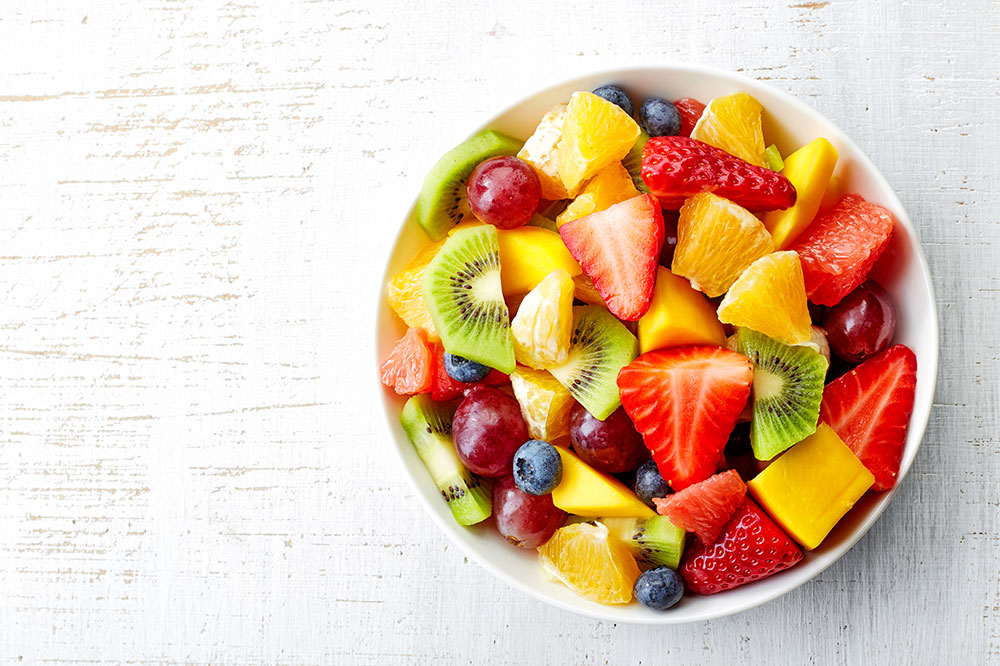Nutritional Strategies for Effective Epilepsy Management
Discover effective nutritional strategies to manage epilepsy, including diet plans like Keto, MCT, and Low Glycemic Index diets. Learn how balanced nutrition supports seizure control, brain health, and overall wellbeing. Always consult a healthcare professional for personalized guidance to optimize epilepsy management through proper diet and lifestyle modifications.

Smart Nutrition Approaches to Support Epilepsy Control
Impact of Diet on Epilepsy
Proper nutrition influences epilepsy management by promoting overall health and reducing seizure risks. A balanced diet provides essential nutrients, aiding sleep, energy, and stamina. It also supports mental focus and a positive outlook. No specific foods are known to trigger seizures, but certain additives like preservatives, artificial colors, and MSG should be avoided, as they may increase seizure susceptibility. Foods high in sugar and processed ingredients can cause energy spikes followed by crashes, which may impact seizure control. Always seek medical advice before changing your diet.
Key nutritional tips for living with epilepsy
Adopting a Ketogenic diet, which emphasizes high fats and low carbs, encourages the body to produce ketones, aiding in seizure reduction. Consistency is vital for this diet’s success.
The MCT diet uses oil supplements to provide fats, allowing more flexibility in carbohydrate and protein intake, simplifying meal planning.
The Atkins diet, similar to Keto, offers a lower carb and higher protein approach with more dietary flexibility.
The Low Glycemic Index diet avoids restricting protein or fluid but emphasizes foods that release energy gradually, like whole grains, non-starchy vegetables, and fruits.
Foods rich in fiber, such as oats, brown rice, and vegetables, help maintain steady energy levels and prevent rapid blood sugar swings. Avoid processed foods, sugary snacks, white bread, and overripe fruits. Be mindful of substances that can aggravate epilepsy, like artificial sweeteners, colors, and preservatives. Certain fruit juices, like grapefruit and pomegranate, may interact with medication and should be consumed cautiously. Caffeine-containing drinks can stimulate the nervous system and potentially increase seizure risk. Always consult a healthcare provider before significant dietary modifications to ensure optimal management of epilepsy.









